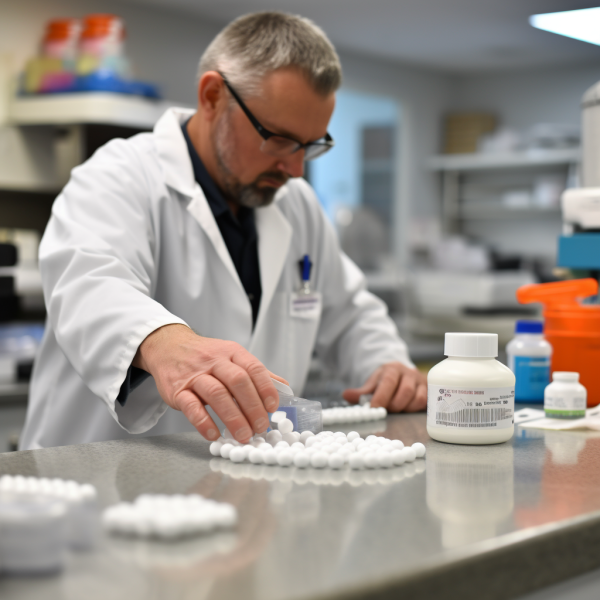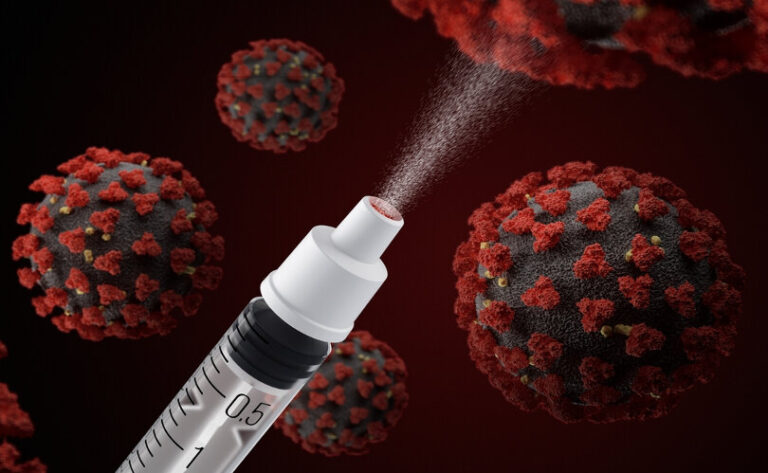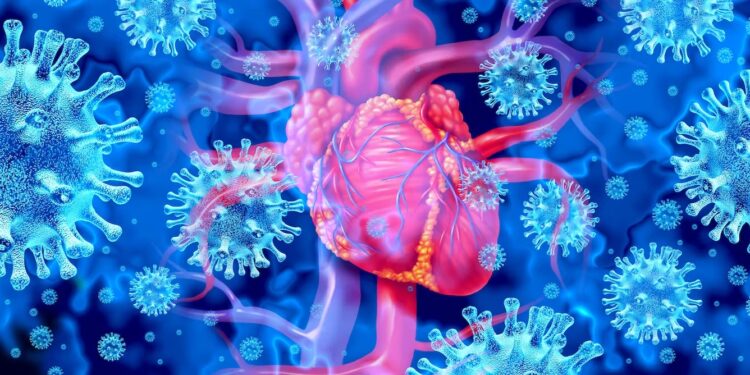Hydroxychloroquine Reduces COVID-19 Mortality, Study Finds

Researchers examined records from 352 adults hospitalized in AZ Groeninge Hospital in Kortrijk, Belgium.
A new study found that people who took hydroxychloroquine along with another drug while they were in the hospital with COVID-19 were less likely to die than those who didn’t.
Hydroxychloroquine, which is often used to treat malaria and arthritis, was given to hundreds of COVID-19 patients in Belgium who were hospitalized. The drug didn’t reach thousands of other people.
Researchers looked at the medical records of 352 adults who were hospitalized at the AZ Groeninge Hospital in Kortrijk, Belgium. All of the patients either tested positive for COVID-19 or had CT scans that showed COVID-19 was present. The patients were given either hydroxychloroquine by itself or with an antibiotic called azithromycin. They were scanned before and after taking the medicine.
The study’s results were compared to those of a control group of 3,533 people hospitalized in Belgium with COVID-19 from March 14, 2020, to May 24, 2020. There was no hydroxychloroquine given to the people, but they did get standard of care.
59 people who were given hydroxychloroquine had died 28 days after COVID-19 was identified. The death rate, at 16.7%, was lower than the rate in the control group, which was 25.9%.
Even when age and other factors were taken into account, researchers found that patients who got hydroxychloroquine were more likely to survive.
The study by nephrologist Dr. Gert Meeus of AZ Groeninge Hospital and other researchers suggests that treatment with hydroxychloroquine and azithromycin is still a good choice, even though it has been criticized in the past.
The journal New Microbes and New Infections put out the study. The study has some flaws, such as the fact that it looked at events that happened in the past and the fact that the treatment group was generally younger than the control group. The authors said they had no funding or conflicts of interest.
The study adds to a collection of different data on hydroxychloroquine and COVID-19.
Other studies, like one that looked at records from a health system in Michigan, also found that people who got hydroxychloroquine were less likely to die. A lot of the good results were from using hydroxychloroquine with azithromycin.
Others, like a U.S. government-funded study that looked at 34 hospitals, have found little to no evidence that hydroxychloroquine affects COVID-19.
A lot of studies that were done on hydroxychloroquine and COVID-19 have been taken down.
Even though the U.S. Food and Drug Administration has approved hydroxychloroquine, the agency has been telling people since the middle of 2020 not to use it for COVID-19. In June 2020, Belgian regulators took away the drug’s approval for COVID-19 use.
Dosage Issue?
Supporters of hydroxychloroquine say that the right way to study how it affects COVID-19 is to know how much of the drug is given and when.
Dr. Meeus and the other Belgian researchers said that there were some observational studies and clinical trials that did not show that hydroxychloroquine was helpful. Several other observational studies have also shown that hydroxychloroquine works.
“A potential explanation for the discrepancy between the results in the observational trials and the large randomized trials may be the use of a different dose of hydroxychloroquine,” they stated.
On the first day, the researchers gave 400 milligrams twice a day. After that, 200 milligrams a day for five days, which is what the government recommends.
Four times as much hydroxychloroquine was given to people in two large clinical trials that found no benefit.
“The cost of our treatment was lower, and we also took the antibiotic azithromycin.” “The fact that we found positive effects but other studies did not could be because of this double treatment,” Dr. Meeus told Doorbraak.
A representative for one of the trials, Peter Horby, told The Epoch Times in the past that the dosage amounts were “carefully chosen” and “designed to achieve the concentrations needed to inhibit the virus as quickly and safely as possible.”
Doorbraak talked to Dr. Meeus who said that more research needs to be done on the drug, or HCQ, but that it might be helpful.
“HCQ isn’t a magic bullet, and obviously more research needs to be done.” “After all, an observational study like ours can’t tell you for sure if something works or not,” he said. „But look, we stuck to the protocol exactly as it was written in Belgium. In early 2020, a study also found that HCQ did lower death rates. We believe it’s likely that the drug has helped many people if the results of our study back this up.





